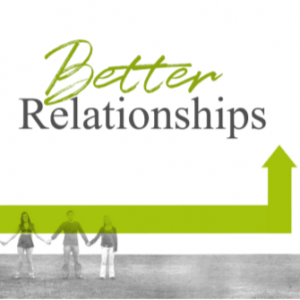Loving Like Jesus
1. When you were a child, who was the person you loved and trusted the most? What was it about this person that won your trust? If you didn’t have someone like that, share what that was like for you.
Read 1 John 4:7-12
2. According to v.9-10, exactly what has God done to express his love for? On a scale of 1 (so what?) to 10 (I’m fully impacted), how big a deal is that to you right now? Explain.
3. What does God’s act of love tell you about what it means to love someone?
4. Three times in this passage, the Apostle John tells his readers to “love one another.” As you think about your network of relationships (family, friends, work, school, church, community, etc.) what does living “love one another” look like for you?
5. Each of us has people in our network of relationships that we find difficult to get along with. Loving people we don’t like isn’t easy. What does loving the unlovely mean for you? How can we love those we find difficult to like?
6. As we don’t automatically have enough love in us to love the unlovely, we must find and plug into the true source of love, Jesus Christ Himself. We can love because we have been loved by Him. We love to the degree that we are truly convinced we are loved – we give the kind of love we ourselves have received. Discuss.
7. If you have trouble experiencing God’s love, what do you think gets in the way? What do you think could help you become a more loving person?
8. Read Romans 5:8 (NLT): “But God showed his great love for us by sending Christ to die for us while we were still sinners.” Jesus loved us and gave Himself for the forgiveness of our sins when we were unlovely. How does this encourage you to love those who may be unlovely in your life?
9. Take a moment to pray for yourself (and others in your group) asking God to help each person know the depth of His love, and to be conduits of this love to others, particularly those who you find challenging to love.
10. What do you sense God has been saying to you through this study? What are you going to do about it?

